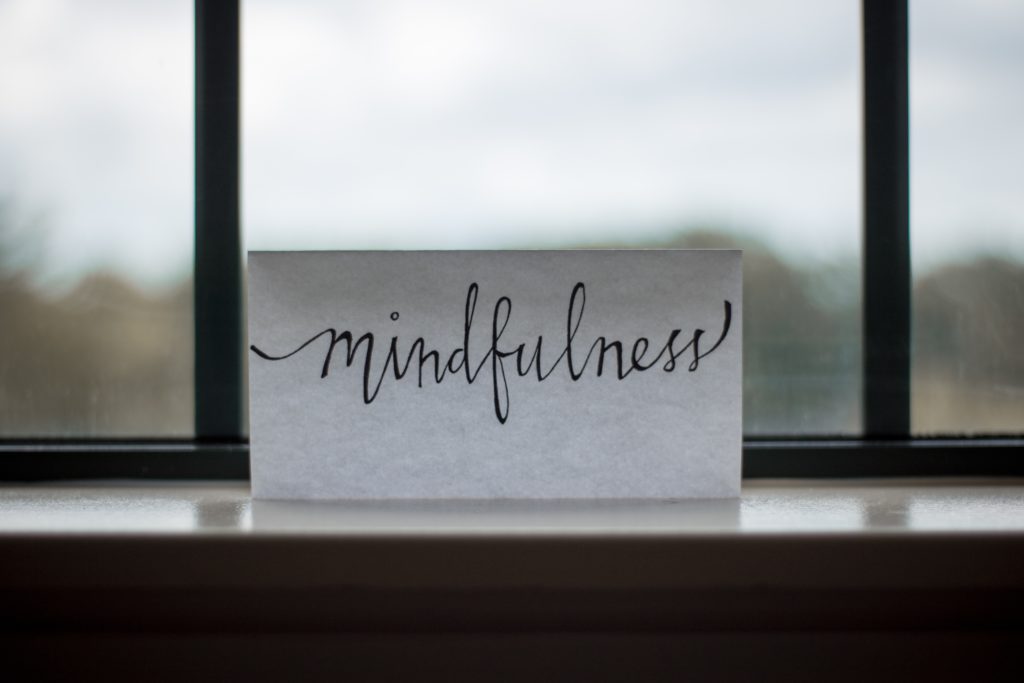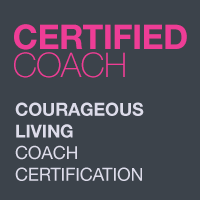 If mindfulness is defined as being fully present, without overly reacting or being overwhelmed by the situations around us, here are eight ways to practice it:
If mindfulness is defined as being fully present, without overly reacting or being overwhelmed by the situations around us, here are eight ways to practice it:
At work
1. Before meeting with a difficult colleague, take deep breaths and envision light emanating from your heart and reaching theirs. Understand that you are both trying your best given your experience. Pray for an open heart and an open mind. Shift your thoughts away from potential conflict into an opportunity to respectfully find a common solution.
2. When you are feeling overwhelmed by your to-do list or by a too-big project, step away from your desk for a while. Drink a cup of tea. Walk around your office. Have a quick (with emphasis on quick) chat with a colleague. When you get back to your desk, see if there’s a small first step you can take in your to-do list or in starting your project.
At home
1. Everyday, allocate 15 to 30 minutes to do what you love. Find an activity that doesn’t make you notice the time. Focus on that one activity—whether it’s playing with your children, painting, calligraphy, writing or my personal favorite, knitting. Keep your phone far away from you.
2. Upon waking up, take 10 minutes to meditate. Here are three of my favorite apps to help you get started: Insight Timer, Headspace and Calm. Do NOT pick up your phone to check social media or your email.
With your kids
1. Give yourself a timeout. Overwhelmed by the pressures of parenting? Step away from the situation for a bit. Lock yourself in the bathroom. Take deep breaths. Know that this too shall pass.
2. Have a consistent bedtime routine. Calm your children down with a bath, a bedtime story and a prayer. Read and pray with them.
When you get triggered
1. Think of a mantra that you can rely on. Here are some of my favorites: “Only good lies before me.” “Everything is perfect as it is.” This pause will stop you from over-reacting.
2. Check in to see why you’re being triggered. Don’t assign motives or intentions when there are none. Assume that people are doing their best and have the right intentions. Don’t take everything personally.







